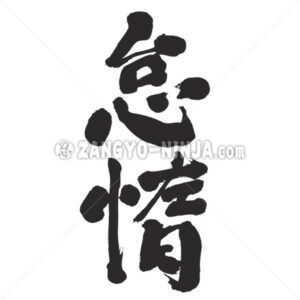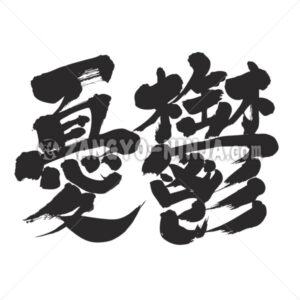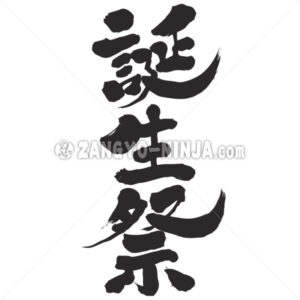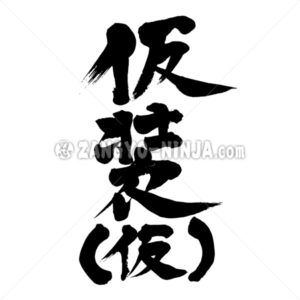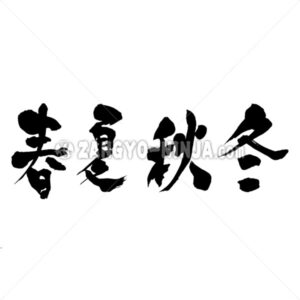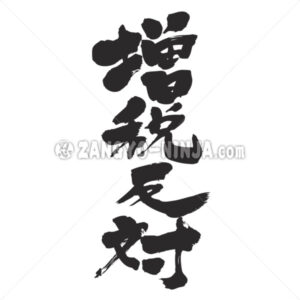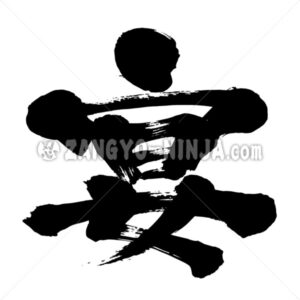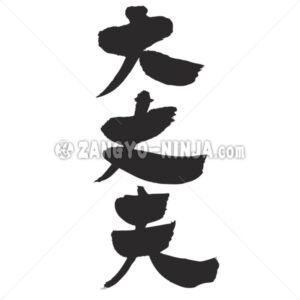
Extremely emptying of water contained in things, Extremely eliminating it. Japanese says “Cho kan so”.
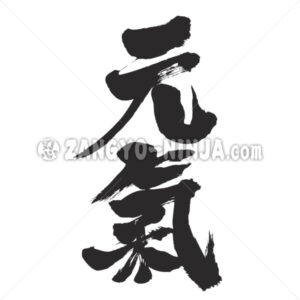
1. Power to become the source of activity. Also, it feels like it’s overflowing. 2. Good physical condition.
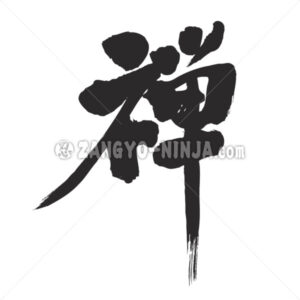
Brought from China around the 7th century, Zen originally referred to the teachings and practices of the Zen sect, a branch of Buddhism that developed in Japan, but is known today as a philosophy related to meditation and mindfulness. History of Zen Zen is a term that refers to the teachings and philosophy of … Read More

1. It is mentally and physically full and comfortable. Pleasant. It reads “raku.” 2. free from stress or conducive to mental ease. It reads “raku.” 3. Easy. Or, to be rich in livelihood. Also, the state of being. It reads “raku.” 4. A musical instrument that plays a musical instrument. Music and music used … Read More
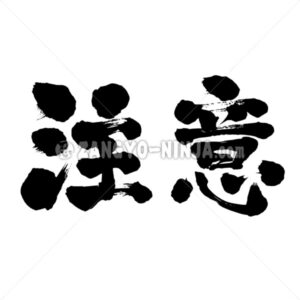
notification of something, usually in advance. a message informing of danger. Japanese says “chu i”. As an example, you are “warning” because you are a bot and consume network resources meaninglessly.

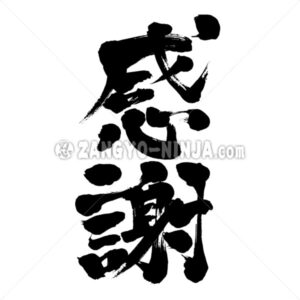
1. an acknowledgment of appreciation. 2. an expression of gratitude. 3. a feeling of thankfulness and appreciation. 4. a short prayer of thanks before a meal. Japanese says “Kan Sha”.


Being sexually disturbed by wanting obscene deeds. A person who takes even immoral behavior for his own sexual desire (lust). It is more often used for women than men. However, in the classics, it is used to mean spending a degree. Japanese calls “In Ran”.
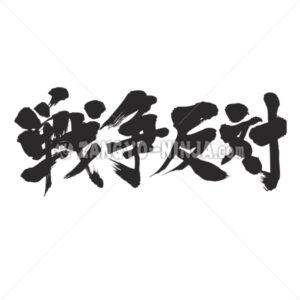
A movement in which the will to oppose war is organized by a positive desire to pursue peace, to prevent the outbreak of war, or to end the ongoing war. After World War II, the anti-war movement was linked to the peace movement, and under the new situation of the emergence of nuclear weapons, … Read More
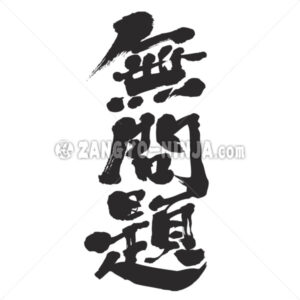
1. being satisfactory or in satisfactory condition. 2. free from fear or doubt. 3. free from danger or risk. 4. secure from risk. chinese calls Mo-Man-Tai but no there Japanese Kanji characters like that.
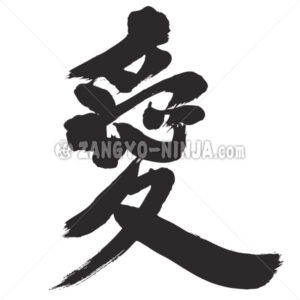
love, amor, affection. 1. a quality proceeding from feelings of affection or love. 2. a deep feeling of sexual desire and attraction. 3. a strong positive emotion of regard and affection. 4. a positive feeling of liking. Japanese calls Ai. The way of saying is different from the abbreviation of artificial intelligence (Ai).






